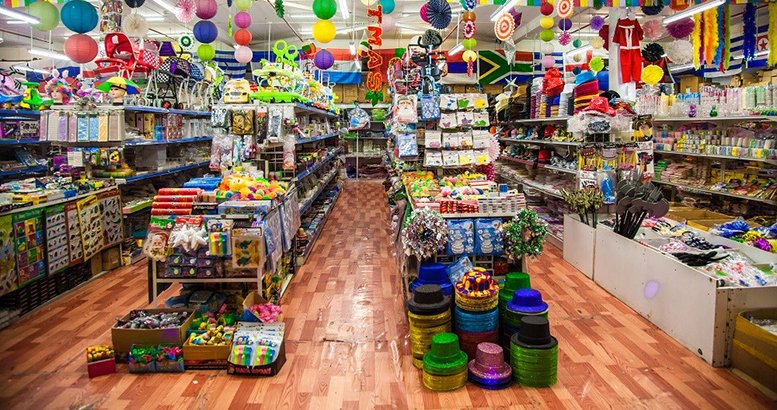Basil Odilim
The World Trade Organization (WTO), long a tool for preserving global trade imbalances, recently rushed to grant Ngozi Okonjo-Iweala a second term as Director-General. By backdating the decision to avoid potential opposition from a Trump presidency, WTO members showcased their desperation to maintain a system that perpetuates Africa’s economic subjugation.
This is not the first time Okonjo-Iweala has been used as the face of global trade policies that harm Africa. While many hail her leadership as a victory for the continent, the reality is starkly different. Under her watch, Africa has remained a dumping ground for cheap foreign goods, particularly from China, making it nearly impossible for local manufacturers to compete. The WTO’s free trade policies, which she champions, are a primary reason why Africa remains a supplier of raw materials with zero value addition, rather than an industrial powerhouse.
I have consistently opposed her role in this game of using an African-born figurehead to legitimize policies that keep Africa trapped as a raw material supplier. This deliberate strategy ensures that the continent’s wealth is exported while its people remain in poverty. It is a calculated move to maintain the status quo, where Africa is denied the opportunity to industrialize, develop self-sufficiency, and achieve economic independence.

Made in China products in African Market
China’s exploitation of these policies is a case in point. Through my interactions in Beijing, I repeatedly opposed the dumping of underpriced Chinese goods into African markets. This practice, while beneficial to Chinese industries, has crippled African manufacturers, ensuring that “Made in Africa” products struggle to survive even on the continent. Adding to this economic sabotage is the pervasive issue of illegal Chinese miners across Africa. Every day in Nigerian courts, Chinese nationals are arraigned for illegal mining, stripping the continent of its only remaining leverage—its raw materials. It is evident that Beijing, rather than addressing this criminal activity, turns a blind eye, enabling a system where Africa’s resources flow outward while its people remain impoverished.
History offers valuable lessons on how nations achieve industrialization—not through free trade, but through protectionism. In 1489, England’s King Henry VII implemented protectionist policies that shielded domestic industries, laying the groundwork for the Industrial Revolution. Similarly, in 1791, Alexander Hamilton, the United States’ first Treasury Secretary, imposed high tariffs on British imports. His visionary “Report on Manufactures” prioritized nurturing local industries, a strategy that transformed the U.S. into a global economic powerhouse.
Germany and Japan provide further evidence. In the 1840s, Germany adopted protectionist policies under the influence of economist Friedrich List, enabling its rapid industrialization by the late 1800s. Japan’s Meiji Restoration, beginning in 1868, saw the nation close its borders to foreign goods and focus on domestic development. Within decades, Japan became Asia’s first industrialized economy. In the 1960s, South Korea followed a similar path, implementing high trade barriers and state-driven industrial policies that transformed it from a war-torn nation into one of the world’s leading manufacturing economies. By the late 1980s, China too embraced protectionist measures, shielding its industries and fostering rapid industrialization that turned it into the global economic juggernaut we see today.
These historical precedents stand in stark contrast to the WTO’s free trade ideology, which prioritizes the interests of industrialized nations at the expense of developing ones. Africa’s failure to industrialize is not a matter of capability but a result of systemic sabotage. The WTO, under Okonjo-Iweala’s leadership, has reinforced these structures, ensuring Africa remains a market for foreign goods rather than a producer of its own.
The time has come for Africa to reject this oppressive system. African nations must impose tariffs on foreign goods, protect local industries, and, if necessary, close their borders to imports. The United States’ recent shift toward tariffs shows that even industrialized nations recognize the need to protect their economies. Africa must follow suit, adopting economic nationalism as a pathway to growth.
Dismantling or significantly weakening the WTO is essential to this vision. Without the WTO dictating trade policies, African nations could chart their own paths to industrialization. Trade wars, if they arise, should be seen not as threats but as opportunities to reclaim economic sovereignty.
Ngozi Okonjo-Iweala’s second term at the WTO should not be celebrated as a triumph for Africa. Instead, it must be critically examined as a continuation of policies that hinder the continent’s progress. Adding insult to injury, the unchecked influx of illegal Chinese miners underscores the systemic looting of Africa’s wealth, robbing its people of their rightful resources. History has shown us the way forward. Let Africa learn from the successes of England, the U.S., Germany, Japan, South Korea, and China. By rejecting the myth of free trade and embracing protectionism, Africa can finally lay the foundations for a future where “Made in Africa” is a reality, not a dream.